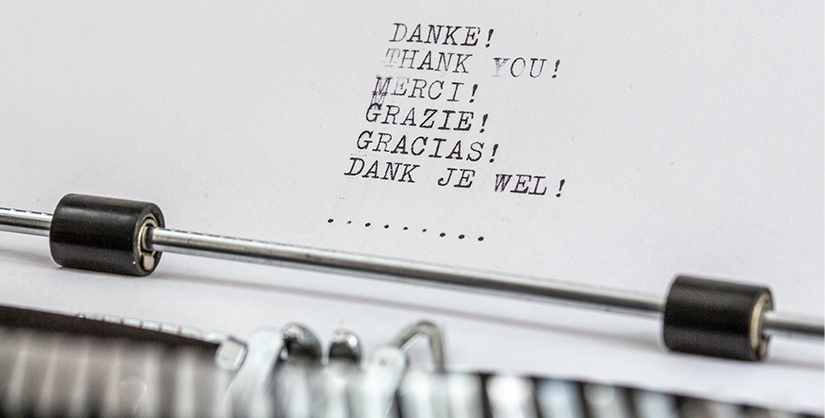September is Be Kind to Writers and Editors Month. Writers and editors come in many forms and from many different genres and disciplines, but all of them have a difficult job in common. Here are some reasons why writers and editors deserve appreciation.
Writers are constantly learning.
To avoid writer’s block, writers have to be in a constant state of active learning. It’s a myth that inspiration comes preternaturally and is simply a product of living. More often than not, writers can’t afford to passively let inspiration come. They have to go out and seek it, whether that’s in a book or walking in some mysterious woods. The creative muscle is just like any other and needs to be exercised regularly to keep the inspiration flowing.
Writers have the challenge - and the joy - of inspiring their own way out of writer’s block.
Editors have a near-endless to-do list.
An editor’s job is never done. Here are just a few examples of an editor’s daily tasks:
- Review production proofs
- Answer correspondence from writers
- Negotiate a book contract
- Draft editorial letters
- Reading manuscripts - this may and often does fall under Out Of Office hours
Editors have the great reward of seeing a book make its journey to a polished finished product, but they also face many challenges, such as not having much capacity to enjoy reading for leisure.
Editing is equally as challenging as writing.
This may be an understatement because some consider editing the hardest part of the writing process. It’s far from an afterthought. An editor can’t skim-read a manuscript - they have to read every single word attentively. They have to pay attention to small details in the piece as well as look at the big picture.
Further, fixing errors is very time-consuming. If a piece of writing is littered with errors, it takes more time to correct the piece than it would be to completely rewrite it. If someone is editing your writing for you, you could reduce their time and cost by doing a first proofread by yourself by running it through Readable. By doing this, you can find spelling and grammar mistakes as well as make writing style improvements.
Editors help writers grow and develop their craft.
Needless to say, editors don’t only do spellcheck. Editors help writers with the story as a whole. They make suggestions about the pacing of a book and can even suggest changes to the plot or the characters. Because of their knowledge of publishing trends, they can give valuable advice to the writer. Often, the writer can be too close to their work to know what needs to change.
Writers are creative problem-solvers.
Creative problem solving is what helps writers get a project finished rather than having a load of new projects that never come to fruition. They know there will be roadblocks and part of their challenge as a writer is to overcome these creatively.
Writers must figure out what their characters would do in a certain situation, for example. Another problem a writer solves is how to start or end a story since these are often the most difficult aspects of writing.
Writers and editors have excellent language skills.
Writers and editors know how to communicate their ideas with words. Some of them assert that certain word classes should be minimised for effective writing - there are some generally agreed principles. For example, Stephen King asserts that the ‘road to hell is paved with adverbs’.
Proofreading is easier with Readable - as well as spelling, grammar and readability, we have tools such as our adverb detector to help you refine your language. Our editor plan comes with a 7-day free trial.
A big thank you to our fellow writers and editors. We know how hard this line of work is and we aim to support you in writing the clearest, most impactful message you can.


